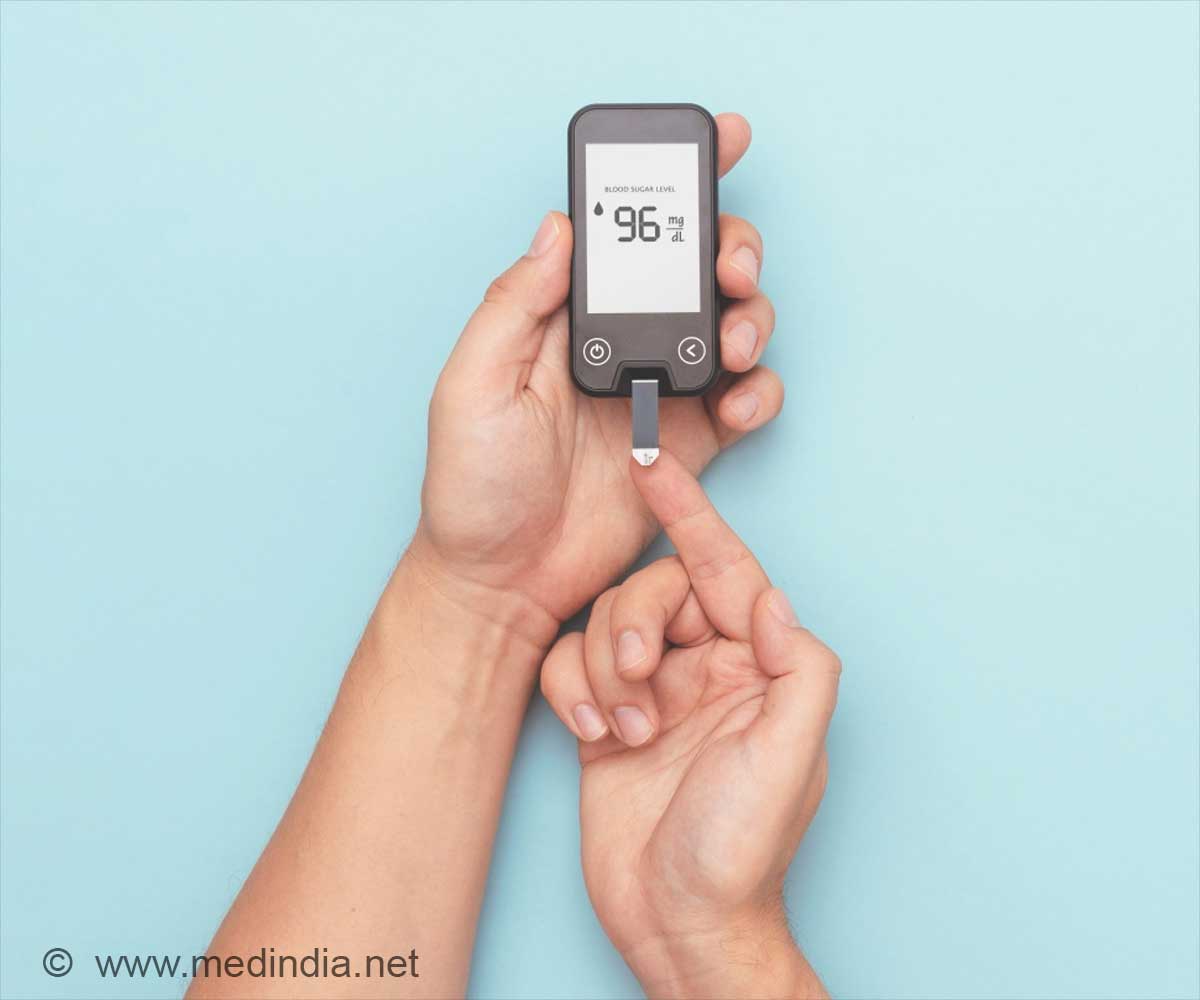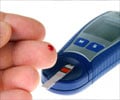Many middle-aged and older adults with diabetes are sexually active according to a study of nearly 2,000 people aged 57 to 85 presented in the September 2010 issue of the journal Diabetes

The disease took a toll, however, on both the desire and the rewards of sexual activity. Men diagnosed with diabetes were more likely to express a lack of interest in sex and to experience erectile dysfunction. Both men and women reported a higher rate of orgasm difficulties, such as climaxing too quickly (men) or not at all (men and women).
"Patients and doctors need to know that most middle age and older adults with partners are still sexually active despite their diabetes," said the study's lead author Stacy Lindau, MD, associate professor of obstetrics and gynecology and of medicine at the University of Chicago. "However, many people with diabetes have sexual problems that are not being addressed."
"Nearly half of the women in this age group do not have a partner," she added. "Women with diabetes are far less likely than women without diabetes to have a partner. Those who have partners were more likely than men to avoid sex because of a problem, and were far less likely than men to discuss a sexual problem with their doctors."
Only 19 percent of women with diagnosed diabetes, as compared to 47 percent of men, had discussed sexual problems with a physician. Men were much more likely to initiate such a discussion than women.
The survey, performed between July 2005 and March 2006, was part of the National Social Life, Health and Aging Project. It involved an in-home interview, self-administered questionnaire, medication audit and a blood test to assess diabetes status for 1,993 participants.
It found, based on a blood test (a measure of glycosolated hemoglobin) that 47 percent of the men had diabetes. About 25 percent of men tested were aware they had diabetes and 22 percent had the disease but had not yet been diagnosed. Almost 40 percent of women had diabetes: 20.5 percent diagnosed and 19 percent undiagnosed. This was comparable to previous studies of people over 60 and consistent with the estimate of 12 million persons with diabetes in the U.S. over the age of 60.
Until now, very little has been known about sexuality among people with undiagnosed diabetes, who are typically earlier in the course of their disease and lack knowledge of their diagnosis.
"Ignorance of the diagnosis protects individuals from the psychological burden and stigma associated with having diabetes," said Lindau. "The elevated prevalence of orgasm difficulties in people unaware of their diabetes suggests that these are predominantly physical. The erectile dysfunction and loss of interest among men with a diagnosis may be due in part to the psychological burden of diabetes."
The aspect of sexuality most affected by diabetes may have been the reduction of sexual drive. The study found that a little more than 60 percent of men without diabetes had masturbated in the prior 12 months, but for those with diagnosed or undiagnosed diabetes, the rate fell to about 47 percent.
Although fewer women (22.5%) reported masturbating in the past year, about 29 percent of those without diabetes did so, compared to 15 percent for those with the disease, diagnosed or not. As was found in men, women with diagnosed and undiagnosed diabetes had a higher prevalence of orgasm difficulties.
"Failure to recognize and address sexual issues among middle-age and older adults with diabetes may impair quality of life and adaptation to the disease," said Marshall Chin, MD, senior author of the study and professor of medicine at the University of Chicago. "Sexual problems are common in patients with diabetes, and many patients are not discussing these issues with their physicians."
Source-Eurekalert
 MEDINDIA
MEDINDIA




 Email
Email










